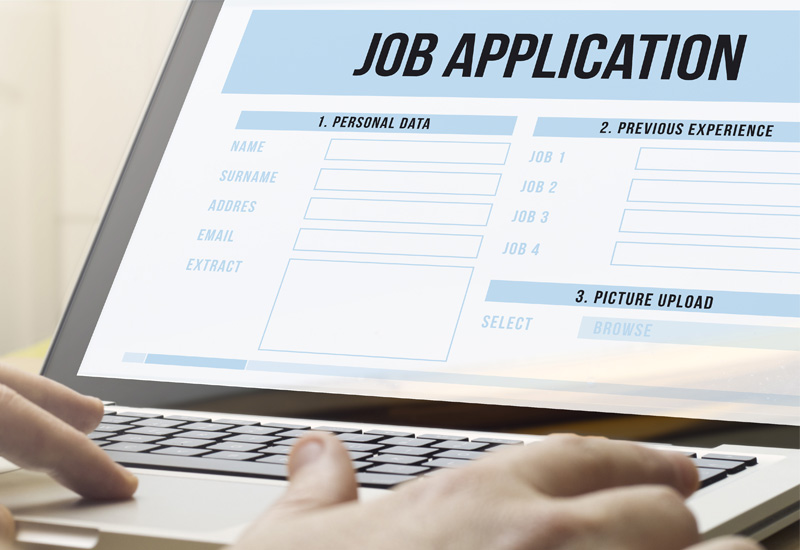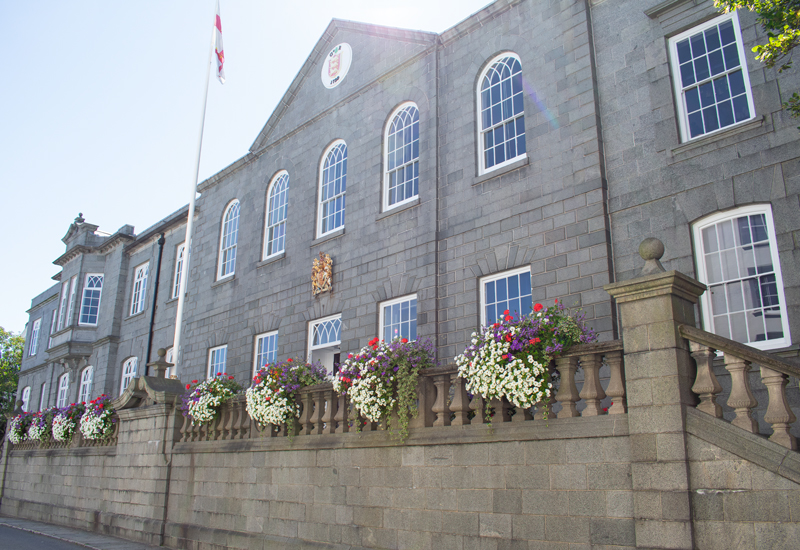

Guernsey could see a rise in income inequality following covid-19, with lower income households significantly more likely to have been negatively impacted by lockdown, according to a report released by P&R.
The committee is using provisional data gathered from the recent Bailiwick Community Survey to back up its proposals for an updated policy on improved living standards following the pandemic.
Its supporting reports look into how community wellbeing has been impacted by covid, both positively and negatively, while the plans ask deputies to take this into account when working through the 'Revive and Thrive' recovery strategy.
If approved, the policy would require the States to work towards the following vision statement: "To provide an environment which supports those in our community most at risk of deprivation and gives them the opportunity to thrive."
"Everyone has been impacted by this crisis in some way," said Policy & Resources. "For some, there has been a definite upside and they report having enjoyed more time with their families or having benefitted financially from either an increase in income or a reduction in expenses. For others, lockdown was difficult and they experienced real financial, emotional and physical difficulties."

Pictured: Some people struggled with their mental health during lockdown.
"The impact will have been more significant and, importantly, more lasting for some than for others: the lifting of lockdown restrictions does not mean a return to normal life for everyone."
Although the final results from the Bailiwick Community Survey have not been released yet, provisional statistics from the 3,600 Guernsey people surveyed indicate that those with lower incomes were more likely to feel the financial and emotional strain of lockdown.
"Data from the Community Survey shows that, among those employed or self-employed before lockdown, those living in a lower income household are significantly more likely to have reported a negative or strongly negative impact on their household income as a result of covid-19 than those living in higher income households," said P&R. "The implication is that covid-19 may have increased levels of income inequality among the working population."
Those in lower income households were also more likely to report a strongly negative or negative impact on their anxiety and stress levels, as well as their mental health.
Generational inequality has also been highlighted in the report, which is likely to have an impact on young people entering the workforce after leaving school this year.

Pictured: Young people are more likely to struggle finding work, according to the results of the survey.
"When unemployment rises, rates typically rise fastest among younger people - where labour supply exceeds demand employers will typically prefer to hire those with more experience. As a result, those seeking to enter the workforce at a time of high unemployment can find it difficult.
"Lockdown will have significantly reduced businesses' available resources and they will be keen to keep the costs down. Investing in training younger employees can be expensive and reducing the wage of existing employees tends to be more difficult than offering lower wages to new staff.
"This means those unlucky enough to be entering the workforce during a time of significant economic stress are at risk of being paid less for an equivalent job and receiving less formal training than they might otherwise have done."

Pictured: The plans to incorporate the improved living standards vision into the covid recovery strategy will be debated at next week's States meeting.
Deputy Jane Stephens, Policy & Resources' lead on social policy, said politicians must take into account not just the negatives that have come out of lockdown, but any positives that can be built on.
"The provisional findings of the Community Survey, although not yet finalised, show that the covid-19 pandemic and lockdown has had a significant impact on the wellbeing of our community," she said. "That's no surprise, but now we're able to see in more detail where and how the impact is being felt."
"We must build on the evidence and make sure that the work we do to recover from covid-19 addresses not only those aspects of lockdown that have affected our community negatively, but also those areas where people have reported positive changes in how they have left their lives over recent months."
P&R's proposals and report can be read in full HERE.
The data in the supporting report is subject to change, following further analysis of the Bailiwick Community Survey results.
Comments
Comments on this story express the views of the commentator only, not Bailiwick Publishing. We are unable to guarantee the accuracy of any of those comments.